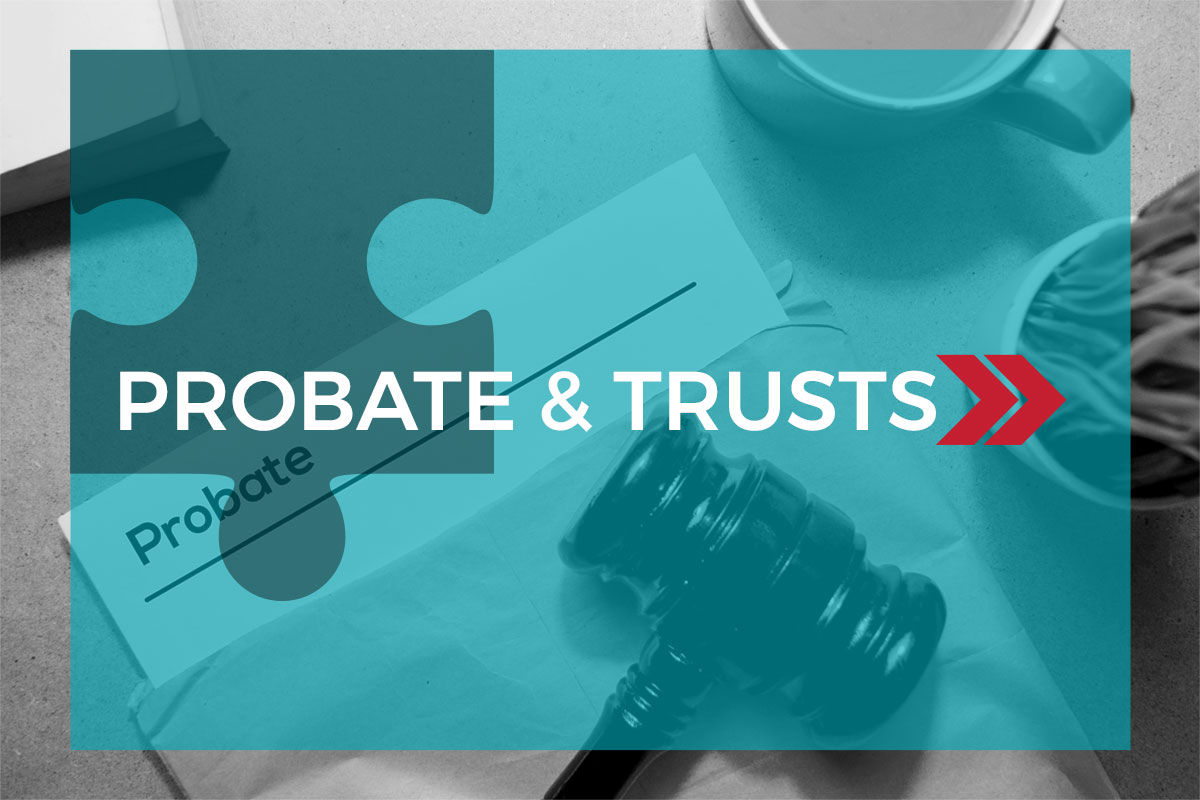GUARDIANSHIP
The guardianship process is a detailed one and requires the expertise of an experienced attorney. The Law Office of Finley Stetson can help!
What happens when someone becomes incapacitated and can no longer manage their affairs? If the client has a revocable trust, a durable power of attorney or a health care surrogate, often the fiduciaries in those documents can care for the incapacitated person. But what if the incapacitated person doesn’t have those documents?
This is where the guardianship process begins. A guardianship is a process in which the court appoints someone (the guardian) to exercise the legal rights of someone who is incapacitated (the ward).
The first step in a guardianship is that someone files a petition asking the court to determine whether the ward is incapacitated. The ward will be considered incapacitated if they are determined to not have the ability to manage their property or meet some basic health and safety requirements.
Once the petition to filed, the court will appoint a committee of three members, normally consisting of two physicians and another person who can give an expert opinion on whether or not the ward is incapacitated. The committee will conduct an examination which normally includes a physical examination, a mental health examination, and a functional assessment.
The court also appoints an attorney to represent the ward. If a majority of the examining committee determines that the ward is unable to exercise certain rights the court will hold a hearing to determine whether the ward is totally or partially incapacitated. A guardian will be appointed unless there are “less restrictive alternatives” to the guardianship that will protect the ward.
What are those “less restrictive alternatives?” Those are revocable trusts, durable powers of attorney and health care surrogate designations. That is why it is so important for our clients to have those documents in place. Guardianships can be expensive and time-consuming, yet can be easily avoided with prior planning.
If the ward has executed a declaration of pre-need guardian, the court will appoint the person designated by the ward in that declaration, if they qualify to serve. The court can change the pre-need guardian if it’s determined for some reason that appointing that person is not in the best interest of the ward. Any adult who lives in Florida can serve as a guardian, and certain relatives of the ward who do not live in Florida may also serve. However, courts generally give preference to family members. Professional guardians, banks, trust companies, and some non-profit entities may also be appointed.
A guardian can be appointed for the ward’s property, to exercise health care rights for the ward, or to exercise all rights of the ward (called a “plenary guardian”). Once a guardian is appointed, the guardian is required to inventory the ward’s property and subsequently use and invest it for the benefit of the ward. The guardian may have to get court approval for certain financial transactions, in addition to preparing regular reports to the court. A guardian of the person of the ward is required to make health care decisions for the ward.
The guardian is required to be represented by an attorney. The guardian’s expenses, and the expenses of the attorney appointed by the court to represent the ward, are all paid from the assets of the ward.
The guardianship process is very detailed and the team at Finley Stetson is available to assist you with each step in a guardianship proceeding.
Read More ABOUT PROBATE ON OUR BLOG
How Can We Help Today?
The Law Office of Finley Stetson is standing by to take your call. Our team is dedicated to providing you quality legal services with a personalized approach. We look forward to assisting you.






